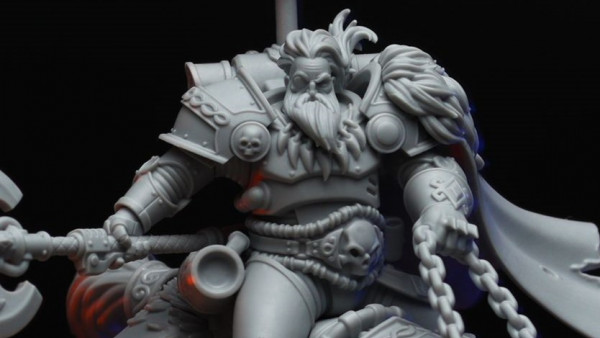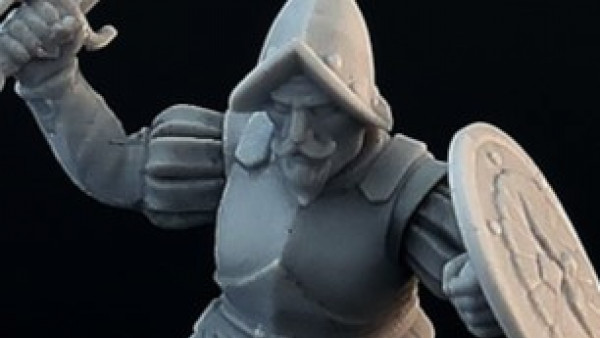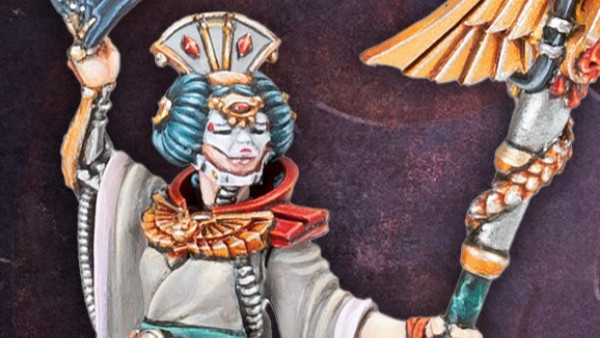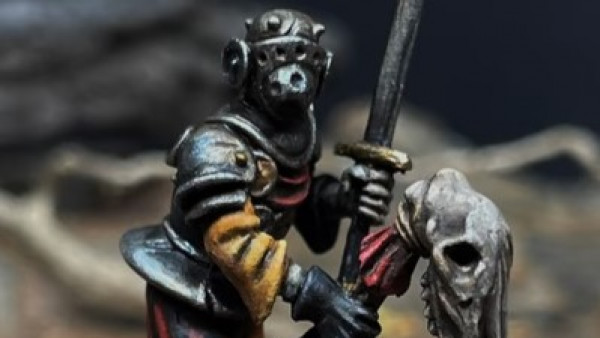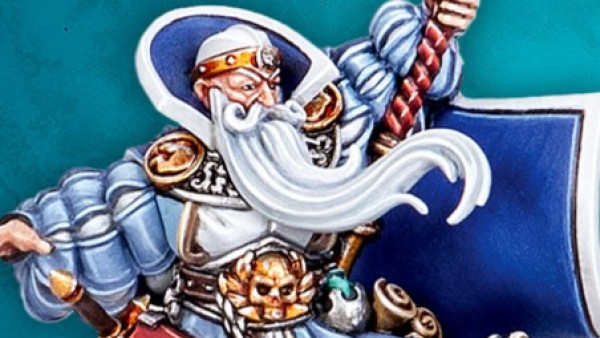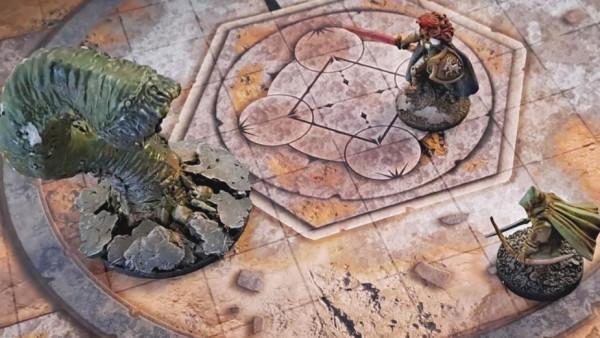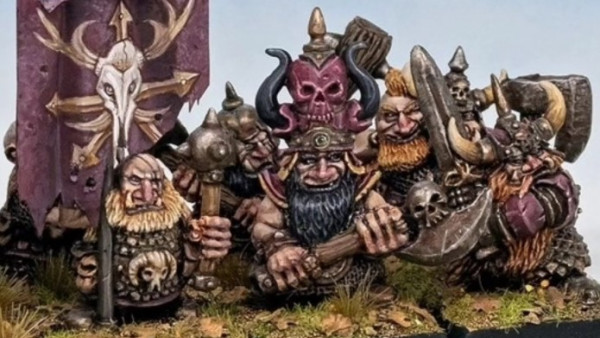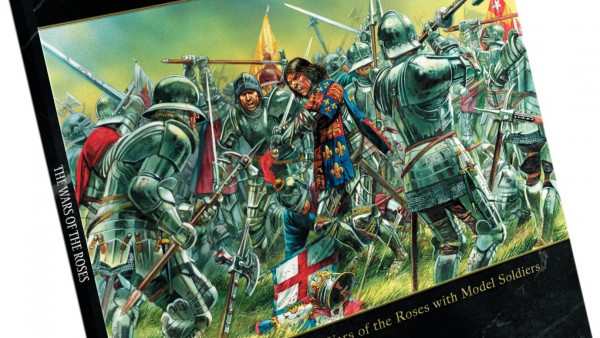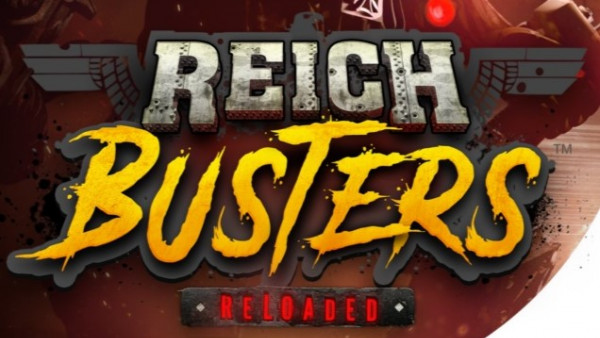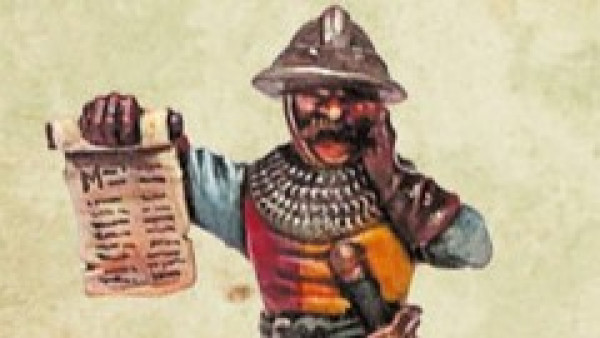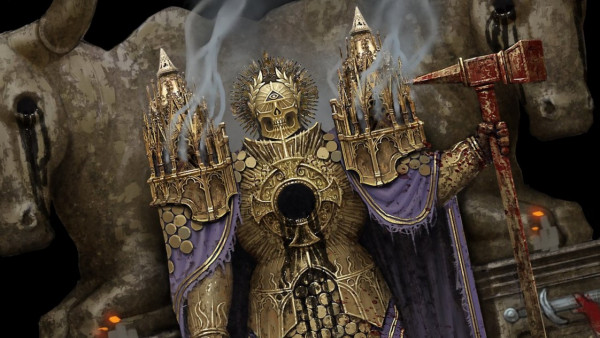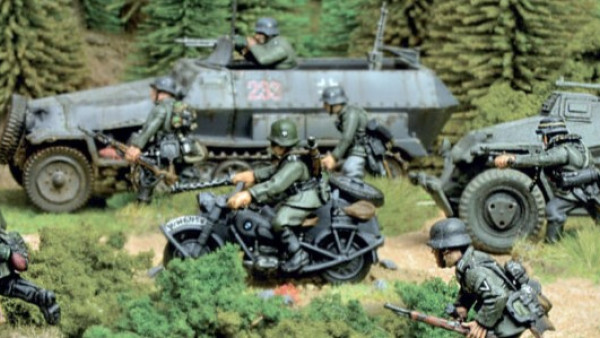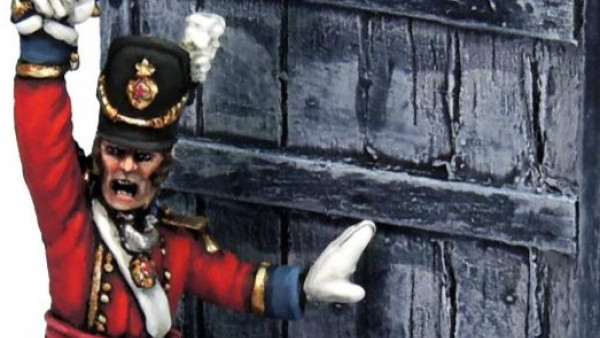Home › Forums › News, Rumours & General Discussion › BreTONEia › Reply To: BreTONEia
@onlyonepinman – I tend to agree; a discussion about something we all do (speak in a language) based on rules we all learned (learnt?) is interesting when it throws up these little quirks – because rules in language (and, especially in English) are broken all the time.
Why they say it is far more interesting because there is absolutely a correct pronunciation based on the rules of English.
I’d suggest that the only absolutely correct pronunciation would come from the person who decided to call the mythical place “Bretonnia” (no matter how any of us pronounce it). The reason for this discussion is because the rules of English are so ambiguous and when you try to apply all the rules, all the time, you end up with “fish is spelt ghoti”.
I have to disagree with you that, based solely on the rules of English language, there is “absolutely a correct way” to say this stupid word. Based on the rules of English alone, there is no objectively correct way to say it!
Which is why the discussion is so fascinating – it’s not “right or wrong”, more just “how did you end up saying it like this, when this section of people say it like this?”
I’m very much in the Bre-tone-knee-ya camp.
I read and speak French. If it was written Bretonnie and I was reading it in French, I would absolutely pronounce it bre-ton-nee.
My Italian son-in-law would also favour the “short-o” sound.
So the long-o vowel sound seems to be an ambiguity only in the English language, and not because it possibly derives from another language (otherwise we’d all likely go with bret-tonn-ia). I’ve had much fun getting Google to say rude words but I’m afraid I can’t let that algorithm be an arbiter or truth, when I hear some of the nonsense it blurts out when I use my phone as a sat-nav!
I’m not actually interested in resolving this as puzzle with a solution, right or wrong.
I’m just intrigued how we’ve ended up with two different pronunciations of the same (written) word. I totally get the kitten/rabbit argument. But this isn’t a short two-syllable word, so rhythm and pace when saying it out loud also play a part (if it were simply bretton, I’d almost certainly read that as as two-syllable word, bret-on, with a short “e” sound). But Bretonnia is a four-syllable word (three if you go with bre-tonn-ya). So we can’t really apply a rule for two-syllable words to a four-syllable word, can we?
As with everything, there’s always an exception to any rule, anyway. I was struggling to think of another example to “dissect” (die-sect where the long i- vowel sound is retained despite the double consonant following it). Then a load of short words, like bass (bay-ss) and gross (gro-sss) came to mind – so it’s actually pretty common to break the kitten/rabbit rule anyway.
Then there are words like class and glass which are said with both a long and a short vowel sound, depending on regional dialect. In the UK it’s considered “northern” dialect to say these words with a short-vowel sound. And “southern” (or a bit posh) to say it as “glarse” (yet in RP or Queens English, insisting on maintaining the “vowel plus double consonant rule” would make one sound vulgar and be deemed “incorrect”).
There’s no objectively “correct” answer – unless the person who invented the word wants to tell us.
But even then, the whole world might just ignore them anyway (like we did with the word for the acronym GIF).
































![How To Paint Moonstone’s Nanny | Goblin King Games [7 Days Early Access]](https://images.beastsofwar.com/2024/12/3CU-Gobin-King-Games-Moonstone-Shades-Nanny-coverimage-225-127.jpg)







